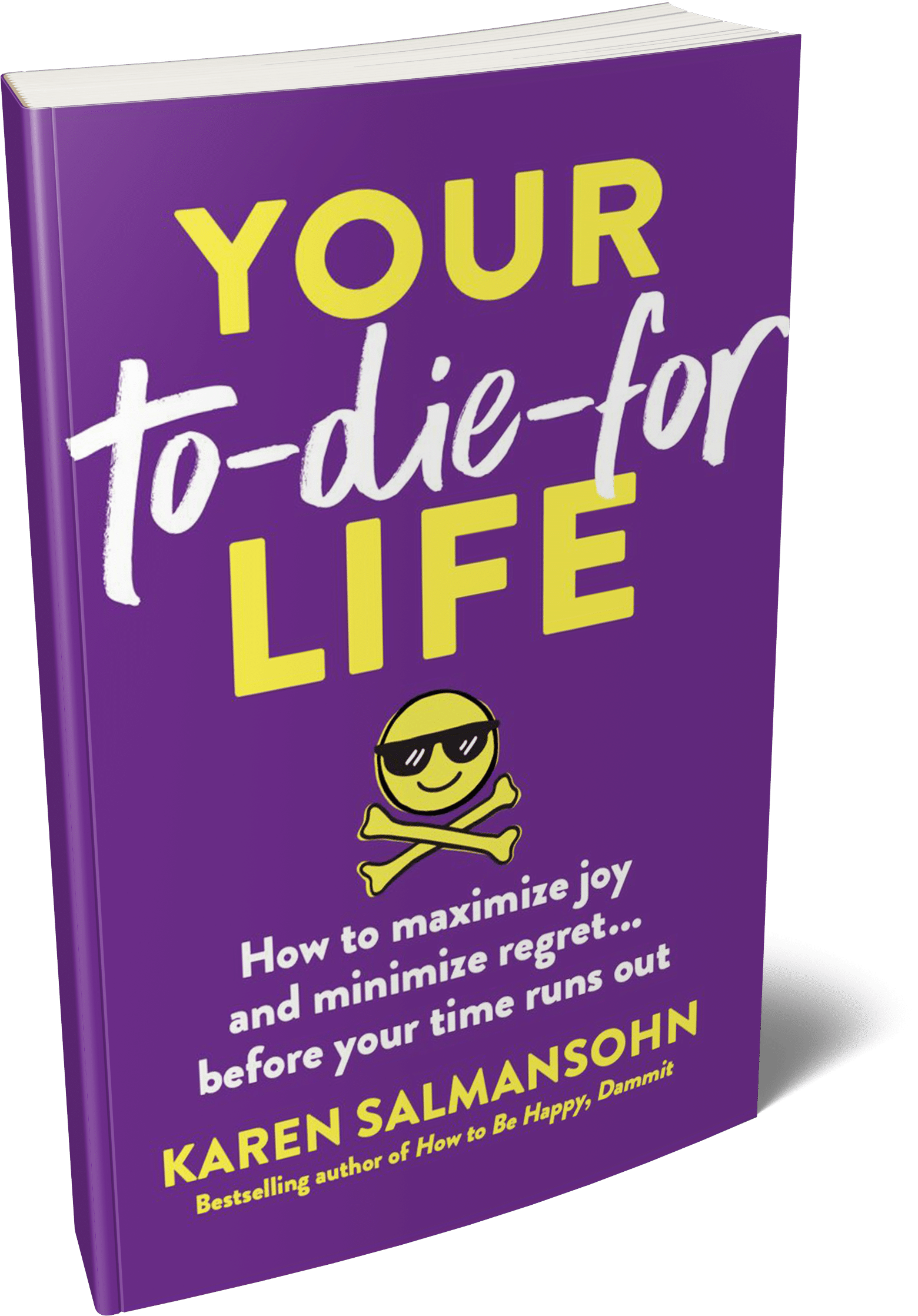
Get A Sneak Peek at my book “Your To-Die-For Life”!
Get a FREE sneak peek! Learn how to use Mortality Awareness as a wake up call to live more boldly.
 While the terms are often used interchangeably, partial hospitalization vs. residential addiction treatment programs are radically different.
While the terms are often used interchangeably, partial hospitalization vs. residential addiction treatment programs are radically different.
Both types of programs help those with mental health and substance abuse issues, but they approach the conditions in distinct ways.
I’m sharing about this topic because I’m a bestselling author on anxiety and leading Behavioral Change Coach – with about 2 million books sold globally.
Plus I founded the therapist recommended self-paced online course called The Anxiety Cure.
I love to help people to live calmer, happier lives. Read on to learn about the commonalities and differences between partial hospitalization and residential treatment programs.
A partial hospitalization program or PHP is a structured set of outpatient services designed to diagnose and treat substance abuse or mental issues. In a partial hospitalization program in Dallas, you’ll find care that goes deeper than a visit to a therapist or a doctor. In many cases, partial hospitalization programs are used in place of residential treatment. As a participant in PHP, you’ll get the benefits of daily treatment with the luxury of sleeping at home every night.
Partial hospitalization programs offer services intended to prevent relapse and reduce the need for inpatient treatment while allowing patients to live normal lives. With great expectations for improvement, PHPs have high success rates not found in other treatment programs.
Sometimes Residential treatment is called inpatient rehab, gives patients 24/7 access to therapy and care. Residential programs welcome people of all ages, requiring them to live in facilities for the duration. Depending on the nature and severity of their addiction, a patient may be in a residential treatment program for up to six months.
Residential treatment programs offer intensive therapies that help patients address challenges unique to their addictions. In an inpatient program, patients can address their behavioral, mental, and emotional needs constructively and healthily. Residential addiction treatment programs give people access to group and individual therapy, along with alternative treatments like meditation and yoga.
In residential addiction treatment centers, patients receive a level of care not found in support groups. If you’re in such a program, you’ll have access to proven, effective, and safe care from certified addiction and substance abuse specialists. Residential treatment programs focus on holistic wellness, and they set patients up for continued sobriety and success.
There are several differences between PHPs and inpatient treatment, including:
·Care levels: While residential addiction and mental health treatment programs offer care 24 hours a day, seven days a week, PHPs only provide care at set times.
·Accessibility: An inpatient treatment program requires individuals to live where they get care, but a partial hospitalization program does not.
·Affordability: PHPs are generally more affordable than inpatient programs, and it’s often easier to find partial hospitalization programs covered by insurance.
Although many small distinctions exist between residential and partial hospitalization treatment programs, the above factors show the greatest contrast. If you need addiction treatment, contact a local specialist who can help you find the right program for your needs and budget.
Is partial hospitalization or residential treatment better for you? The answer depends on your finances, location, and addiction severity. While those with stable home lives may benefit from PHPs, patients rebuilding their personal lives can use inpatient treatment programs to start fresh. Using the differences between partial hospitalization and inpatient programs, your addiction specialist will help you find the best option and the clearest path to sobriety.
Explore my bestselling therapist recommended audio and video course: The Anxiety Cure.
P.S. Before you zip off to your next Internet pit stop, check out these 2 game changers below - that could dramatically upscale your life.
1. Check Out My Book On Enjoying A Well-Lived Life: It’s called "Your To Die For Life: How to Maximize Joy and Minimize Regret Before Your Time Runs Out." Think of it as your life’s manual to cranking up the volume on joy, meaning, and connection. Learn more here.
2. Life Review Therapy - What if you could get a clear picture of where you are versus where you want to be, and find out exactly why you’re not there yet? That’s what Life Review Therapy is all about.. If you’re serious about transforming your life, let’s talk. Learn more HERE.
Think about subscribing for free weekly tools here.
No SPAM, ever! Read the Privacy Policy for more information.